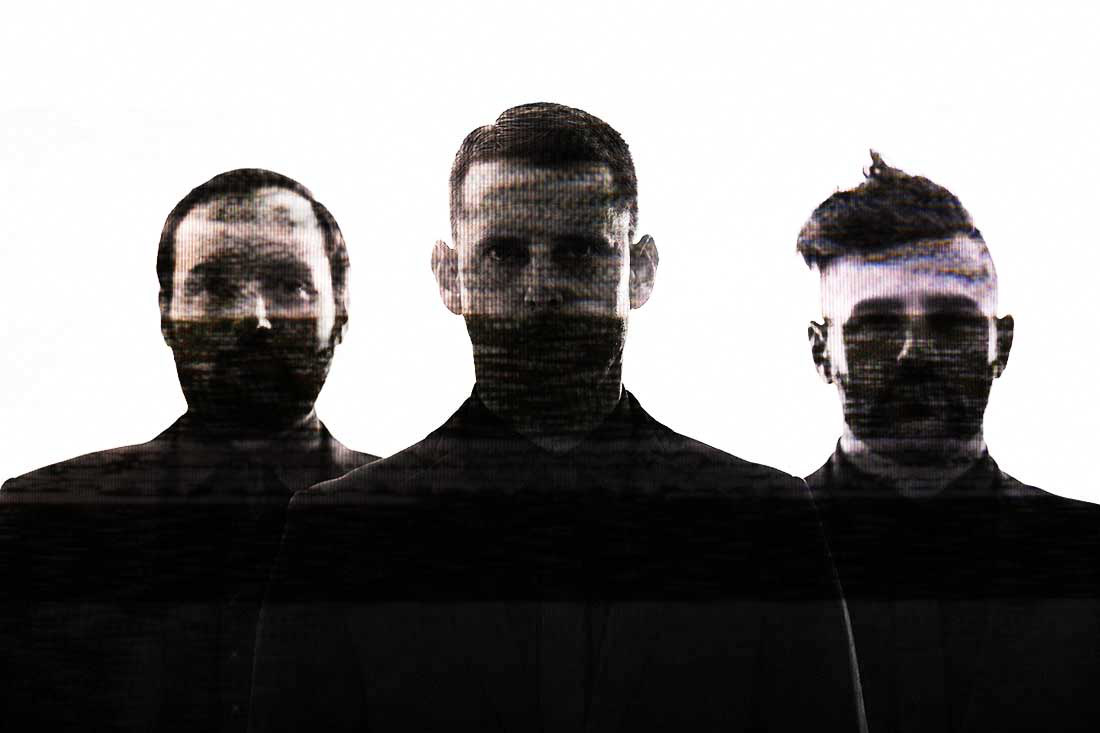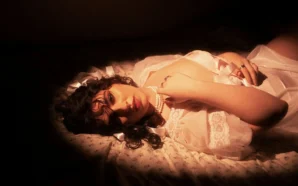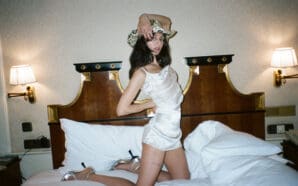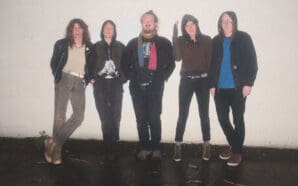Sannhet are a Brooklyn instrumental trio who are more than slightly difficult to characterize (In fact, Pitchfork’s Brandon Stosuy recently published a featured interview entitled “No Words: Sannhet’s Uncategorizable Squall.”)… But that’s something that makes them happy. They’ve been called things like “post-black metal,” “post-rock,” and “experimental,” and they regularly find themselves sharing stages with bands of the sludge metal, technical death metal, and grindcore persuasion… However, this Saturday, May 16th, Sannhet will be playing a slightly different kind of bill, when they open for Jane’s Addiction on the mega-sized stage of the Electric Factory… and, in a lot of ways, that seems a little fitting… After all, Jane’s themselves were always a bit tricky to pin down, comfortably falling somewhere between goth, hard rock, alternative, a postmodern take on a jam band, and some pervy kind of psych rock… Additionally; like Dave, Perry, and Stephen; Sannhet has garnered a lot of attention for their stage show, which includes a light show on steroids, in addition to visuals and syncopated strobe lights. The band are currently touring behind their second LP, Revisionist, which was released earlier this year on Flenser Records. Sannhet bassist and video artist AJ Annunziata recently took a generous chunk of time to tell PHILTHY about the history and ethos of the band.
Izzy Cihak: So you released your sophomore effort, Revisionist, a few months ago. How do you think the album compares to your debut, both in terms of your sonic direction and just the process of writing and recording it? Do you feel like you’re a significantly different band now from the band that wrote Known Flood?
AJ Annunziata: Known Flood to Revisionist really shows, to me, the interpersonal dynamic of the members of the band. That probably stands out the most, however it’s likely not noticed by listeners. There are obvious differences stylistically and production-wise between the two records, however a lot more was happening behind the curtain than can be audibly appreciated.
First off, 90% of the songs on the first album were written when the band was a two-piece. The only songs written as the full incarnation are “Absecon Isle” and “Still Breathing.” Chris and John played together in other projects and had a previous work flow that they were accustomed to, and frankly when I joined the band, the vibe was such that I was to be more of an accoutrement than a collaborator. Not that that is a possessive or tyrannical thing, John and Chris had a very specific vision and this was their project. But organically the dynamic changed, and really the climate in the scene was changing as well.
When you think about musicians separately, they have what I refer to as “playing age.” An artist can have x amount of years playing an instrument and that is their playing age. However, when writing with other musicians it becomes less about your talent as a musician and more about the way your talent can A) play off another’s and B) compliment it. That takes a lot of poking around, and experimentation.
What I’m getting at is, on Known Flood you can hear that we are learning to interact with each other, Lions Eye EP we are starting to get it, but on Revisionist, it clicks. You can hear the playing age of the band, collectively
Izzy: And what have been the highlights of your time as a band in those two years in-between the records?
AJ: We’ve had a tremendous amount of support from really good people in the right circles, who have really nurtured and helped get us out there. For that we are super thankful. Being asked to play shows with some of our biggest influencers probably stands out the most. Also, in that time we’ve gotten to develop the show quite a bit. We learned a lot of important things about the live dynamic that makes it a better experience for the viewer.
Izzy: What would you consider to be Revisionist’s most significant influences, whether musical or not? It seems like you would have a lot of influences beyond music itself; is that accurate?
AJ: This is always one of those questions that requires inadvertently defining or assigning credit to a short list of specific influencers, when really everything that has ever happened to you ever is responsible for your next move, always. I could list our band’s; it would read out like a FFO sticker, we have a collaborative tour spotify playlist that has one song from everything we listen to when driving to shows, you can reference that if you like. Really though, all three of us come from musical families, so you’d have to start there. I was raised by a father who played in doo-wop quartets and later disco bands, so go figure.
Really most of the way we wrote this album was based on theory or built around phrases. A lot of the time Chris will send me a beatbox voice memo of an idea for a part. I have maybe 50 custom vibration patterns saved into my iPhone, so I don’t forget counts I think of while out and about. I guess that’s something, all of this music is written or at least initially conceived in the cacophony of our lives. So it makes sense to me that I hesitate to list out influencers, ‘cause really its everything. So perhaps our biggest influence is our lifestyles.
Izzy: Have you had any favorite reactions to the album, whether critical or from audiences?
AJ: In all, the overwhelming majority of the reviews convey that they “get it” and they don’t quite know how to explain it, but they get it. That I feel, is all any artist could ever want — for your audience to be intrigued and try to explain the art when really they are just explaining themselves or the way they interpret it. The truth is any interpretation is true. That is part of the reason the band is called Sannhet.
Izzy: Your live shows have garnered a lot of attention and you’re going to be playing a pretty huge show this Saturday, opening for Jane’s Addiction at the Electric Factory. What can be expected of the live experience?
AJ: In the absence of a singer/lyrics it’s important to have something to capture the audience’s attention. We aren’t shredders, nor do any auditory acrobatics. The audio is a visceral thing. We compliment that with appropriate lighting to signify crescendos and other notable parts of the moments. We accompany that with projections. All of the projections are meant to convey an emotion/mood without actually visually representing anything — like a fever dream.
The viewer can expect to feel something. Whether or not it’s comfortable depends on them.
Izzy: What is it that your live shows draw inspiration from? Are there any other performers (of any sort) that you think do especially interesting things?
AJ: There have been plenty of other bands that have incorporated spectacles of light and visuals, but I’m not referencing any of those when I put together our stage show. We don’t use a backdrop, because the imagery isn’t intended to be viewed for what it is. You aren’t meant to interpret the visuals. We play in full blackness, with only the minimal projections to cover us, so really we become part of the projections/chaos. I feel like that’s the difference. Other bands mean to augment, whereas we intend to obscure.
Izzy: For that matter, are you fans of Jane’s Addiction? Although you don’t sound terribly similar, both of you, as bands, have managed to both escape genre and find your sounds characterized as a plethora of different genres, in a somewhat similar way.
AJ: JA has been part of my personal musical landscape since I was a teenager for sure. However, I think that when I was a kid I didn’t really care about genres. A lot of bands playing rock at that time were getting dumped into that alt. genre. So you had a zillion bands that popular music didn’t know how to label getting called something they weren’t necessarily. I feel like we identify with that in a big way, because we play with very few heavy bands anymore. We are definitely “heavy” but I wouldn’t call us metal, or whatever. Maybe the climate is becoming the same? JA is for sure one of the farther stretches for us, but they were always weirdos, and so are we, so I think in that respect it’s a good fit. When we first started crossing over from metal shows, we were kind of shy about offending or feeling out of place. Turns out we underestimated the audiences’ openness. Not having a singer helps with that… there’s no one yelling at you but there could be, there could just as easily be Chelsea Wolfe belting or MC Ride flowing over it.
Izzy: What are your hopes and plans for Sannhet in the second half of 2015, after your West Coast dates wrap?
AJ: Playing a handful of festivals, working on another album and an EP, out before end of year hopefully. Lots of stuff we can’t talk about yet. We are really excited to get out there and birth more records.
